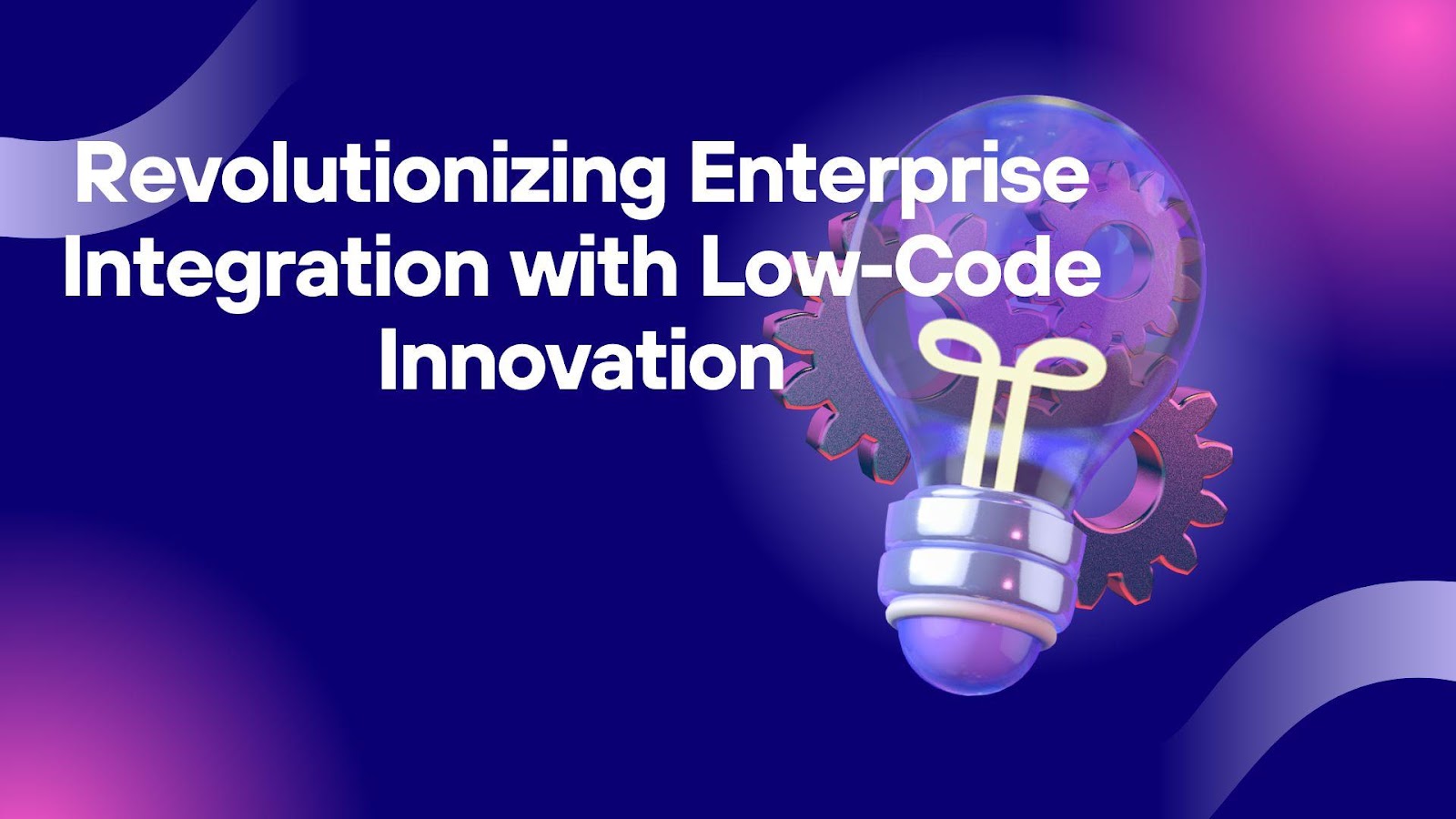In the evolving landscape of enterprise technology, low-code platforms are emerging as a transformative force, redefining how businesses approach integration and digital transformation. c, an expert in the field, delves into this evolution, highlighting how artificial intelligence (AI) and machine learning (ML) are accelerating low-code adoption. His insights offer a deep dive into the technical architecture, security frameworks, and performance optimization strategies that make low-code a game-changer.
AI-Driven Automation Enhancing Integration
One of the key innovations in low-code platforms is the integration of AI-driven automation. AI enhances pattern recognition, automates data mapping, and optimizes workflow orchestration. Organizations adopting AI-powered low-code platforms report a 52% improvement in integration quality, reducing manual effort and increasing overall productivity. This intelligent automation allows enterprises to implement complex integration scenarios with minimal technical expertise.
Strengthening Security and Governance
Security remains a crucial concern in enterprise integration, and modern low-code platforms incorporate multi-layered security controls. Features such as role-based access control, encryption, and automated compliance monitoring ensure robust data protection. Research highlights a 63% reduction in security incidents for organizations implementing structured security frameworks within their low-code ecosystems. Additionally, automated governance mechanisms facilitate regulatory compliance while maintaining agility.
Optimizing Performance and Scalability
Low-code platforms leverage cloud-native architectures to enhance scalability and performance. Intelligent load balancing, caching mechanisms, and real-time monitoring contribute to improved system efficiency. Studies reveal that enterprises utilizing cloud-based low-code platforms have achieved a 68% improvement in resource utilization and a 45% reduction in operational costs. This ensures that integration processes remain agile, even as business demands evolve
API-First Approach for Seamless Connectivity
The rise of API-first strategies within low-code environments allows businesses to connect applications effortlessly. API management tools provide advanced lifecycle capabilities, traffic optimization, and deep analytics, enabling enterprises to implement complex integration patterns such as event-driven architectures and microservices-based frameworks. Research shows a 71% increase in API reusability, significantly reducing integration complexity and costs.
Accelerating Digital Transformation
Enterprises adopting low-code integration platforms experience accelerated digital transformation. These platforms enable rapid prototyping, reducing development time by up to 72%. Additionally, organizations report a 43% decrease in integration-related technical debt, allowing IT teams to focus on innovation rather than maintenance. In industries with stringent compliance requirements, the ability to adapt quickly to regulatory changes further underscores the value of low-code development.
Reducing Costs and Enhancing Resource Efficiency
The cost-effectiveness of low-code platforms extends beyond development time savings. Businesses report a 61% reduction in total cost of ownership, with maintenance costs dropping significantly. The shift from specialized coding to user-friendly integration tools reduces the dependency on highly skilled developers, allowing organizations to optimize resource allocation and training investments.
Empowering Cross-Functional Collaboration
Low-code platforms democratize integration by bridging the gap between business and IT teams. With intuitive interfaces and predefined components, business analysts and non-technical users can actively contribute to integration projects. This cross-functional collaboration results in a 54% increase in business user participation and a 43% improvement in project success rates, fostering innovation across departments.
AI and ML: The Future of Integration Intelligence
The integration of AI and ML within low-code environments is set to redefine enterprise integration. Predictive analytics enable real-time performance optimization, reducing system downtime and improving resource allocation. Studies indicate that AI-powered monitoring systems can predict 67% of potential integration issues within a 24-hour window, allowing proactive resolution. As cognitive integration patterns continue to evolve, organizations will benefit from enhanced decision-making capabilities and reduced manual intervention.
Strategic Implementation for Long-Term Success
Successful adoption of low-code platforms requires structured implementation. Enterprises following systematic impact analysis achieve higher success rates, reducing risks and improving stakeholder alignment. Best practices include pilots, scalability planning, and governance frameworks.
In conclusion, digital transformation accelerates, low-code platforms stand at the forefront of enterprise integration, offering a scalable, secure, and efficient approach to connectivity. Krishna Kanth Kothapally underscores the strategic importance of these platforms in modernizing business architectures. By embracing AI-driven automation, enhancing security frameworks, and fostering cross-functional collaboration, organizations can unlock unprecedented agility and innovation in their integration strategies. As low-code platforms continue to evolve, they promise to shape the future of enterprise technology, empowering businesses to build resilient, intelligent, and adaptive ecosystems.



























